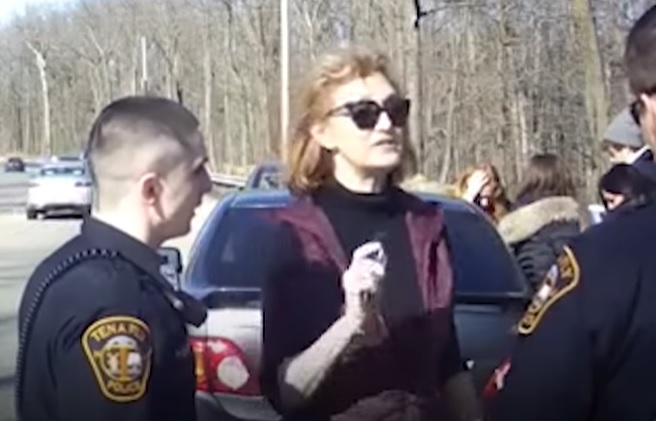
Every patrol officer has spent time dealing with victims of abuse who are entangled in love/hate relationships. Officers walk away from their sidewalk counseling or arrest and wonder why people stay together under those circumstances. Here are 12 common characteristics of abusive relationships:
Being told that you never do anything right
Being insulted, demeaned, and shamed in front of other people
Being prevented from making your own decisions
Intimidation through threatening looks, or while near or holding weapons
Destroying your belongings
Insulting or threatening your extended family
Forces unwanted physical contact
Controlling your use of money and resources
Lies to you often enough that you can’t trust them
You want to leave the relationship but feel that you can’t
Makes you feel you deserve to be treated poorly
Constantly does surveillance on you because they think you’re cheating.
Police officers should find this familiar, not because they may be involved in a bad domestic relationship, but because their relationship with the public bears a disturbing similarity to patterns of abuse.
Obviously, the overwhelming majority of citizens are respectful and thankful for their police officers. The kind of abuse that police officers are exposed to is from interactions with those who are not happy with an officer’s actions or even their very existence. The anti-police segment of the population treats the profession and individual officers just like an abuser in a domestic relationship. Cops never do anything right. They must be controlled. They must be surveilled constantly because they can’t be trusted. They deserve to be called names and threatened in public and take no action against the slanderer. The officers’ families and homes are threatened.
Politicians control their resources, create punitive laws, and restrict the decisions that officers must make in unique and fast-moving situations. Prosecutors look the other way when uniforms are torn, officers are assaulted, and police cars are torched and vandalized.
Just like abused spouses, police officers often feel they cannot leave the relationship. Just like some stay for the sake of keeping a family together or keeping up appearances, officers want to make things right and keep things afloat no matter what. Some partners stay in abusive relationships for finances, just as some police officers stay hoping to retire with some financial security if they survive. Just as some abused spouses hope for change and stay in a marriage because they believe in the institution, police officers have the same hope and same regard for law and order.
What could change so that officers would not feel that they are walking into another day of abuse every time they begin their shift? What would help reduce their anxiety and expectation of being harshly criticized no matter what they do? That they are not free to make their own professional judgments? That they are deprived of the resources they need to operate most effectively?
A list of characteristics of healthy relationships might be a good guide. Healthy relationships bring out the best in each other. They allow individuals to be themselves while encouraging mutual growth. Healthy partners are open to change and self-examination. They feel free to be honest about what they need without being angry, resentful, and threatening. They accept long-term commitment to work through conflict. They celebrate the network of other persons and organizations that support their partner without jealousy.
Most importantly, as marriage therapists will testify, a partner must be willing to accept the observations of others and be willing to change where change is needed. Also critical is finding support from others that is not full of criticism but realistic cheerleading and encouragement for the best for everyone.
Organizations like the National Police Association provides a venue and information for those who genuinely want the best in the relationship between the police and the public they serve. Those who are habitually and harshly critical may never change, but our police officers can withstand their hostility with the support of those who care.
(Although this article was not about actual domestic abuse, if you are in an abusive relationship, please call 1-800-799-SAFE for help).